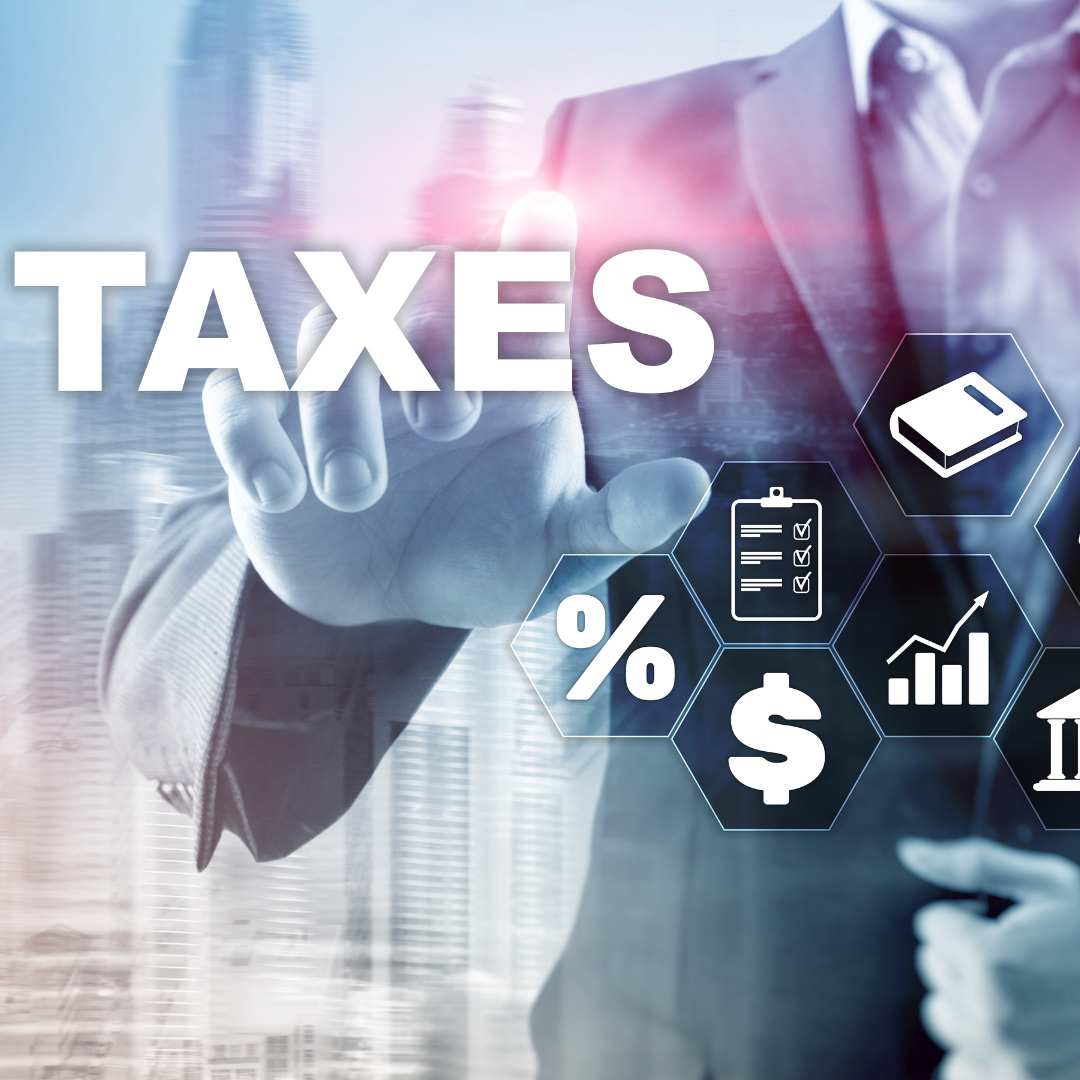Tax Planning Made Simple: Use these easy-to-follow tips to minimize tax obligations and maximize savings.
Tax planning is the process of organizing your finances to maximize tax benefits and minimize tax obligations.
It involves making strategic decisions throughout the year to ensure you take full advantage of deductions, credits, and other tax-saving opportunities.
Everyone wants to pay less in taxes while staying within the legal boundaries. Effective tax planning can help you save more money.
Tax Planning Made Simple: Where To Start
Know Your Taxes: Understand the Different Types of Taxes.
- Income Tax: It’s based on your earnings.
- Sales Tax: That extra charge when you buy stuff.
- Property Tax: Owning a home.
- Capital Gains Tax: When you make money from investments (stocks, real estate, etc.).
Itemized Deductions: If you have specific expenses (like mortgage interest or medical bills), itemize them.
Tax Credits
They directly reduce your tax bill. Examples are:
- Child Tax Credit
- Education Credits
- Energy Efficiency Credits
Invest Wisely
Retirement Accounts: These accounts can help you reduce your tax liability. Contributions grow tax-free until you retire.
Timing Matters: Year-end moves: Make intelligent decisions before December 31. Contribute to retirement accounts, donate to charity, or prepay some bills.
Capital Gains: Hold investments for over a year for lower tax rates. Patience pays off!
Reminders:
- Don’t wait until April 30 to figure out your taxes.
- Tax laws change: stay updated.
- Seek professional help.
Tax Planning Strategies
Maximize RRSP Contributions: Contributing to a Registered Retirement Savings Plan (RRSP) can reduce your taxable income. You can contribute up to an annual maximum of 18% of your previous year’s income.
The investments in the plan grow tax-free until you withdraw the funds, ideally in retirement when your tax rate may be lower.
Utilize TFSAs: Tax-free savings Accounts allow you to grow your investments tax-free. Contributions are made with after-tax dollars, and withdrawals are also tax-free.
This provides flexibility and tax-free growth.
Take Advantage of RESPs: Registered Education Savings Plans are an excellent way to save for your child’s post-secondary education.
Contributions grow tax-free, and the growth is generally taxed by the student, who is likely in a lower tax bracket.
Additionally, the federal government offers the Canada Education Savings Grant, which can match up to 20% of RESP contributions of up to $2,500 annually.
Income Splitting: Consider income-splitting strategies if you have a spouse or common-law partner.
For example, contributing to a spousal RRSP can transfer funds from a higher-income spouse to a lower-income partner, potentially reducing your overall tax burden.
Claim All Eligible Deductions: Ensure you claim all eligible deductions, such as medical expenses, charitable donations, and home office expenses. These deductions can significantly reduce your taxable income.
Tax Loss: If you have investments with lost value, consider selling them to offset capital gains from other assets. This can help reduce your overall taxable income.
Utilize Tax Credits: claim all available tax credits, such as the Canada Child Benefit, the GST/HST credit, and the Climate Action Incentive. These credits can directly reduce the amount of tax you owe.
Plan for Retirement: Proper retirement planning can help you manage your tax liabilities. Consider strategies such as strategically withdrawing from your RRSPs to minimize taxes.
Consult a Tax Professional: Tax laws are complex and subject to frequent changes. A tax professional can help you tailor a strategy that best suits your situation and ensures you take full advantage of all available tax-saving opportunities.
Misconceptions About Tax Planning
- All Income is Taxed Equally: Many people think all their income is taxed at the same rate.
Canada has a progressive tax system, meaning that the higher your income, the higher your tax rate.
2. Tax Planning is Only for the Wealthy: Some believe only the wealthy need to worry about tax planning.
However, tax planning can benefit individuals across all income brackets by optimizing deductions, credits, and tax-efficient investments.
3. The CRA Will Always Accept Your Tax Return: It’s a common conception that once you submit your tax return, the Canada Revenue Agency (CRA) will accept it without question.
However, the CRA conducts thorough reviews, and errors or omissions can lead to audits or assessments.
4. Self-Employed Individuals Don’t Need to Pay Employment Taxes: Some self-employed individuals think they can avoid paying employment taxes, such as Canada Pension Plan (CPP) contributions.
This is not true; self-employed individuals are responsible for both the employee and employer portions of CPP contributions.
5. You Can’t Reduce Taxes Without Evading Them: Reducing taxes doesn’t mean you have to engage in illegal activities.
Legal and ethical ways to minimize tax liability include tax planning, leveraging tax credits and deductions, and investing in tax-efficient vehicles.
6. Filing Taxes Is Optional If You Earn Very Little: Even if you earn a low income, you still need to file taxes.
Many low-income individuals may be eligible for tax credits and benefits, including the Goods and Services Tax (GST) credit and the Canada Child Benefit (CCB).
Check out this article.https://masteringpersonalfinances.com/role-of-accurate-financial-records/





